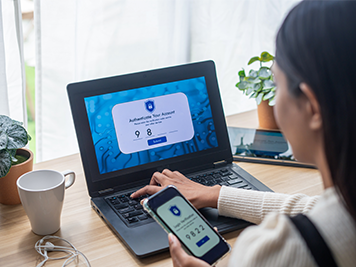How can affluent families and family offices do their part and be cyber smart? A good first step is to pivot from a passive role to an active one in understanding how behaviors influence risk. That means individuals, families, and family office teams should become intentional about cybersecurity.



